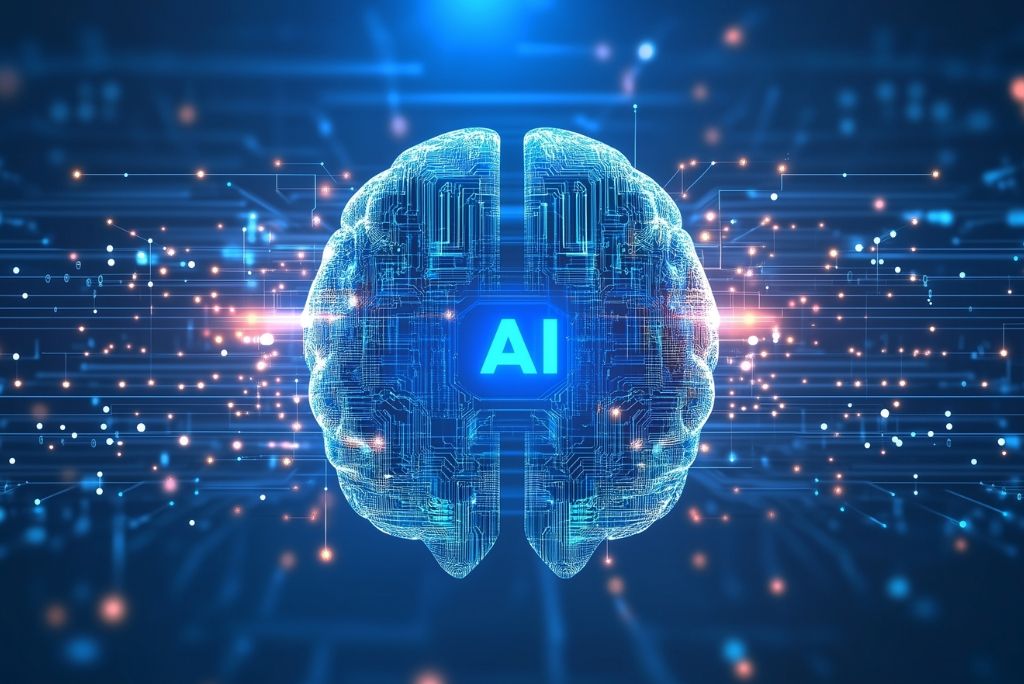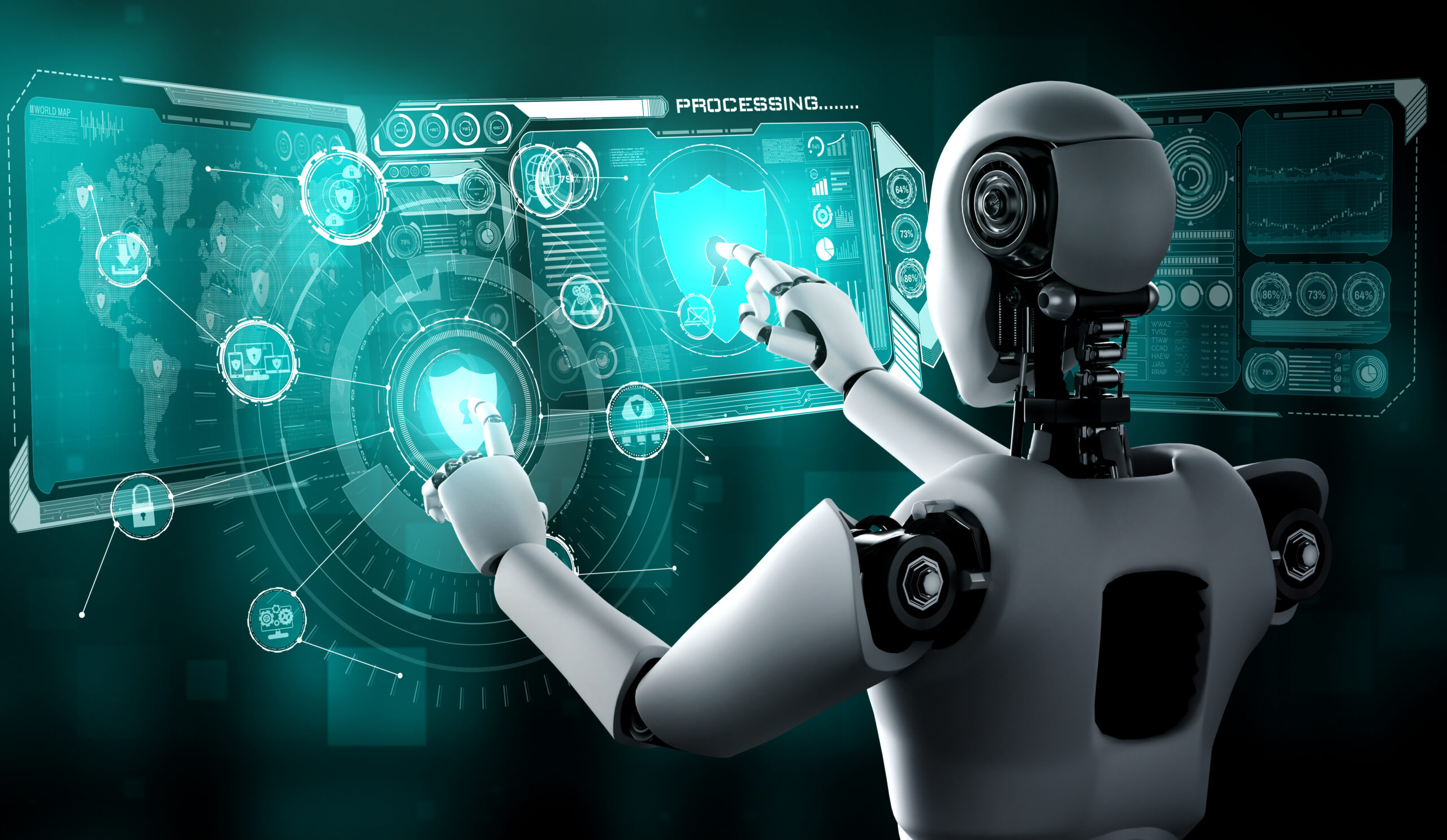
Richard Whittle receives financing from the ESRC, Research England and was the recipient of a CAPE Fellowship.
Stuart Mills does not work for, seek advice from, own shares in or get financing from any business or organisation that would gain from this article, and has actually disclosed no pertinent affiliations beyond their scholastic consultation.
Partners

University of Salford and oke.zone University of Leeds offer financing as founding partners of The Conversation UK.
View all partners
Before January 27 2025, utahsyardsale.com it's fair to say that Chinese tech company DeepSeek was flying under the radar. And after that it came drastically into view.
Suddenly, everybody was discussing it - not least the shareholders and executives at US tech firms like Nvidia, Microsoft and Google, pipewiki.org which all saw their company values tumble thanks to the success of this AI startup research study lab.
Founded by a successful Chinese hedge fund supervisor, the laboratory has taken a different technique to expert system. Among the major distinctions is expense.
The advancement costs for Open AI's ChatGPT-4 were stated to be in excess of US$ 100 million (₤ 81 million). DeepSeek's R1 design - which is used to generate material, resolve logic issues and create computer code - was supposedly used much less, less powerful computer chips than the likes of GPT-4, resulting in expenses declared (but unproven) to be as low as US$ 6 million.
This has both monetary and geopolitical results. China goes through US sanctions on importing the most sophisticated computer chips. But the fact that a Chinese startup has had the ability to construct such an advanced design raises concerns about the efficiency of these sanctions, and whether Chinese innovators can work around them.
The timing of DeepSeek's new release on January 20, as Donald Trump was being sworn in as president, indicated a difficulty to US dominance in AI. Trump responded by describing the minute as a "wake-up call".
From a financial point of view, the most visible impact may be on consumers. Unlike rivals such as OpenAI, which just recently began charging US$ 200 per month for prawattasao.awardspace.info access to their premium designs, DeepSeek's comparable tools are currently free. They are likewise "open source", permitting anyone to poke around in the code and reconfigure things as they want.
Low costs of development and effective use of hardware appear to have afforded DeepSeek this cost advantage, and have actually already required some Chinese rivals to lower their costs. Consumers need to anticipate lower costs from other AI services too.
Artificial investment
Longer term - which, in the AI industry, can still be remarkably quickly - the success of DeepSeek might have a huge effect on AI financial investment.
This is because so far, almost all of the huge AI business - OpenAI, Meta, Google - have been struggling to commercialise their models and pay.
Previously, this was not always a problem. Companies like Twitter and Uber went years without making revenues, prioritising a commanding market share (lots of users) instead.
And companies like OpenAI have actually been doing the exact same. In exchange for constant financial investment from hedge funds and other organisations, they assure to develop much more effective models.
These models, the business pitch most likely goes, will enormously increase efficiency and after that profitability for companies, which will wind up delighted to pay for AI products. In the mean time, all the tech companies need to do is collect more data, buy more effective chips (and more of them), and establish their models for longer.
But this costs a lot of cash.
Nvidia's Blackwell chip - the world's most effective AI chip to date - expenses around US$ 40,000 per system, setiathome.berkeley.edu and AI companies typically require tens of countless them. But up to now, AI companies have not actually had a hard time to draw in the essential financial investment, even if the amounts are substantial.
DeepSeek may change all this.
By showing that developments with existing (and perhaps less innovative) hardware can achieve similar efficiency, it has offered a warning that throwing money at AI is not ensured to pay off.
For instance, prior to January 20, it may have been presumed that the most innovative AI models require massive data centres and other facilities. This implied the similarity Google, Microsoft and OpenAI would face restricted competitors because of the high barriers (the huge expenditure) to enter this market.
Money worries
But if those barriers to entry are much lower than everyone thinks - as DeepSeek's success suggests - then numerous enormous AI financial investments suddenly look a lot riskier. Hence the abrupt impact on huge tech share costs.
Shares in chipmaker Nvidia fell by around 17% and ASML, which develops the machines needed to produce innovative chips, also saw its share rate fall. (While there has actually been a minor bounceback in Nvidia's stock rate, wiki.snooze-hotelsoftware.de it appears to have actually settled below its previous highs, showing a brand-new market reality.)
Nvidia and bytes-the-dust.com ASML are "pick-and-shovel" business that make the tools required to develop an item, instead of the product itself. (The term originates from the idea that in a goldrush, the only individual guaranteed to earn money is the one offering the choices and shovels.)
The "shovels" they offer are chips and chip-making devices. The fall in their share costs came from the sense that if DeepSeek's more affordable method works, the billions of dollars of future sales that investors have priced into these companies may not materialise.
For the similarity Microsoft, Google and Meta (OpenAI is not publicly traded), the cost of building advanced AI may now have fallen, suggesting these companies will have to invest less to remain competitive. That, for them, might be a good thing.
But there is now question as to whether these business can effectively monetise their AI programmes.

US stocks make up a traditionally big percentage of global investment today, and innovation companies comprise a historically big portion of the worth of the US stock exchange. Losses in this industry might require financiers to sell other financial investments to cover their losses in tech, causing a whole-market slump.
And it shouldn't have actually come as a surprise. In 2023, a dripped Google memo warned that the AI market was exposed to outsider disruption. The memo argued that AI companies "had no moat" - no security - versus rival models. DeepSeek's success might be the proof that this is true.









